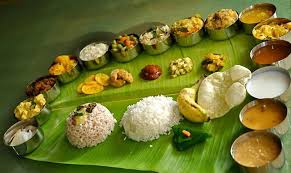The Third edit: Why food ratings commit an injustice to taste
Eatables have been intrinsic to cultural exchanges between people since the days of hunter-gatherers. And long-distance trade in food items goes back to at least the times when ships carried Indian pepper to the Roman empire — perhaps even earlier when water buffaloes were an item of commerce between the Indus Valley and Mesopotamian civilisations. Commentators from Ptolemy to Marco Polo to Ibn Batuta and the first Mughal Emperor Babur to Western colonisers passed judgement on the culinary habits of people they encountered far from their homes. The compilation of food atlases or guides to “best” eateries, however, is a distinctly contemporary enterprise, premised on the understanding that geography need not limit the culinary experience. The smorgasbord has never been so diverse and the table today is laid out for a range of eaters — not just the gourmand. This may seem a democratic arrangement, but it also homogenises taste.
Take the latest edition of the Taste Atlas Awards. It’s a rich platter comprising cuisines from 100 countries. But, instead of doing the introductions and letting the foodie’s taste buds experience the fun, the Atlas dons the snob’s mantle. Italian, Greek, Indian, Ethiopian and more than 90 other cuisines are compared and ranked in an order of excellence that does not even pay lip service to the vastly different cultural and agronomic contexts in which they were produced. The Taste Atlas claims that the ranking draws on the “preferences” of people around the world. But isn’t that a violation of the fundamental principle that makes culinary cultures profound — taste defies formula? Even salt, fat, acid and heat come together in myriad, and protean ways.
Seeking out delectable versions of the Indian dishes that find a place in the Atlas — murgh makhani, Hyderabad biryani, chicken 65 and keema — won’t require much doing. The Indian gourmet industry might also celebrate India’s 12th position in the honour’s list. The culinary explorer, in contrast, will put aside this compilation, and do what she does best — seek out the unpredictable.
